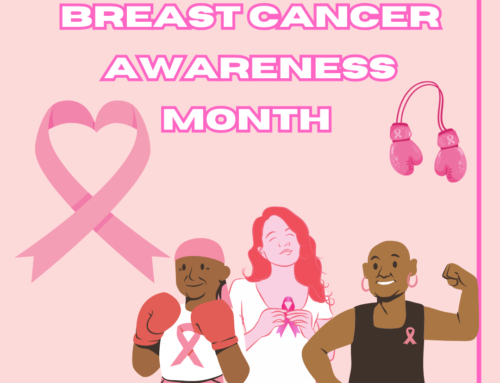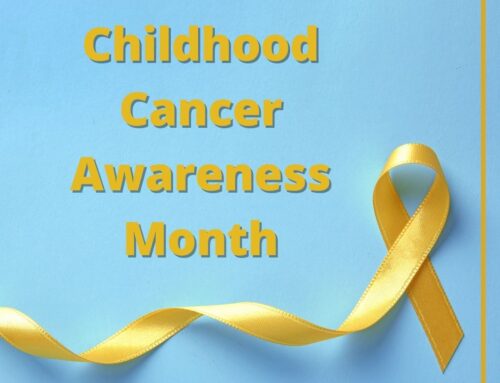Understanding Your Youth and Their Love Language
Greeting’s readers!
Did you know that everyone expresses and feels love differently? Just saying “I love you” might not always be sufficient, especially in different relationships like with friends or coworkers. Even children and youth have their ways of giving and receiving love! This week, we’re exploring the five different love languages and offering tips on recognizing how your youth expresses their love language and what to do next.
Before we dive in, here are a few self-affirmations:
The 5 Love Languages include physical touch, quality time, acts of service, words of affirmation, and gifts. Your youth might be showing their love language in everyday actions. These small moments can often be missed, and you quickly get annoyed if you don’t realize that your youth is asking for love and connection. Knowing how your youth expresses love can improve understanding and strengthen your relationship! Below, we’ll give examples of identifying your child’s love language and share tips on what you can do for your youth once you know it.
Here’s how YOU can be a Prevention Partner:






